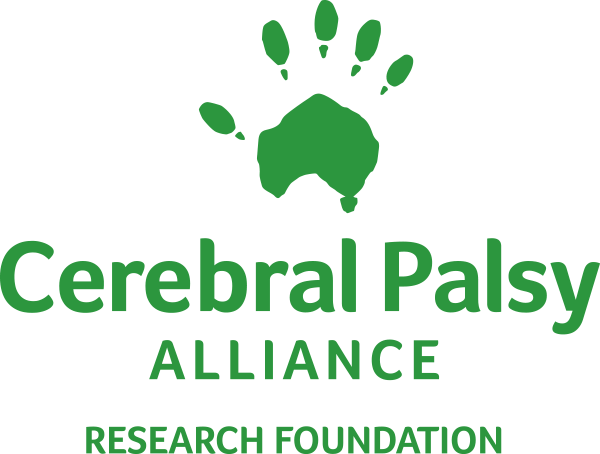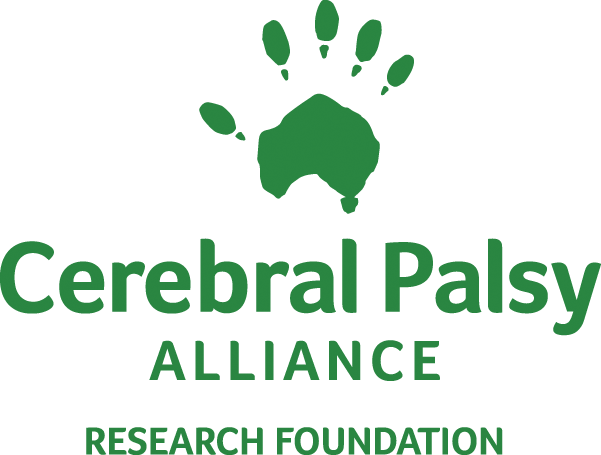When Paul and Anne Masi welcomed their youngest child, Grace into the world, they were already busy juggling the demands of work and raising three sons.
It soon became apparent that Grace wasn’t reaching the traditional childhood benchmarks, so they began a frustrating journey.
‘We visited doctors on numerous occasions, and saw early childhood care centre nurses who repeatedly told us Grace was lazy and that she would catch up. Grace was a floppy baby and her low level of functioning such as delays in reaching for objects, sitting, crawling and walking were misinterpreted as laziness. It wasn’t until Grace was 18 months old when we eventually received a diagnosis. Our daughter wasn’t lazy at all, she had cerebral palsy.’
The family decided to set up their own intensive home-based therapy program for Grace to progress her in all delayed aspects of her development. In addition to this, they visited doctors, speech therapists, physiotherapists and occupational therapists.
Grace didn’t walk until she was 3 years of age, but she walks with poor balance and falls frequently. She is non-verbal and needs assistance with communication. She requires assistance with all her self-care needs. Grace is delayed in all aspects of her development – all gross motor, fine motor, cognitive and academic skills.
As a parent of a child with cerebral palsy and President of Cerebral Palsy Alliance, Paul Masi believes that by supporting research, society can play a huge part in piecing together the puzzle of cerebral palsy.
‘One of the greatest impacts of research is keeping families buoyed with hope that one day answers will be found,’ says Paul.
‘Our family hopes that one day the causes can be found and the condition prevented. But, research is not just about finding prevention and cure. It’s also about improving the lives of people with cerebral palsy through studies into more effective forms of therapy and interventions.’
‘It would be wonderful if the work of the Research Foundation meant that families did not have to face the same challenges we did during those early years.’
‘To see that the community is now marshalling resources to better understand cerebral palsy is very satisfying,’ says Paul.


